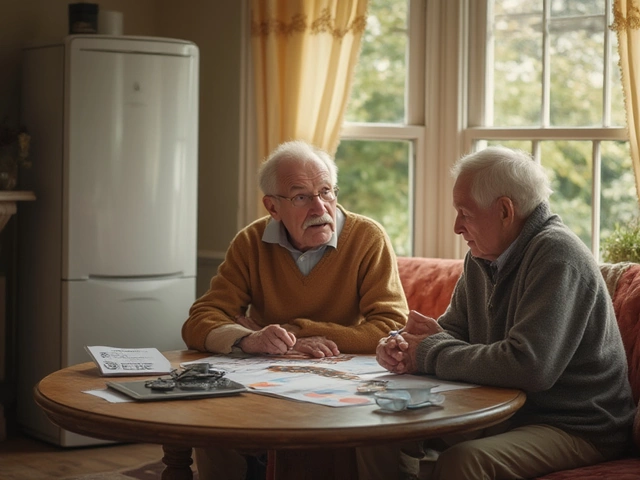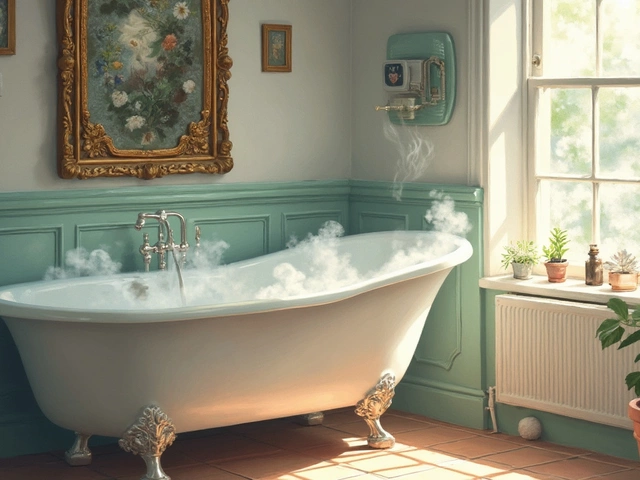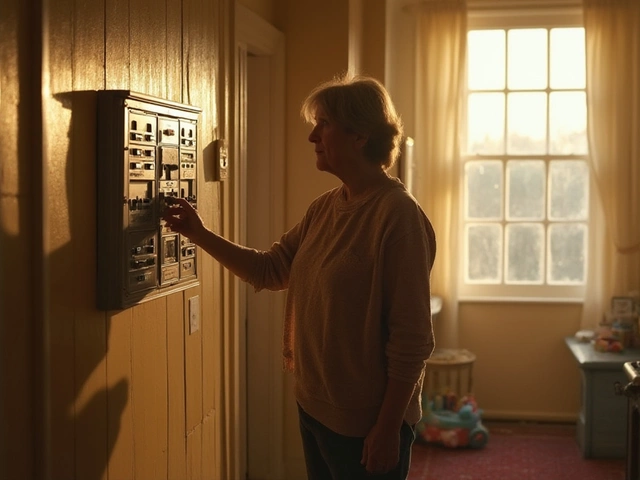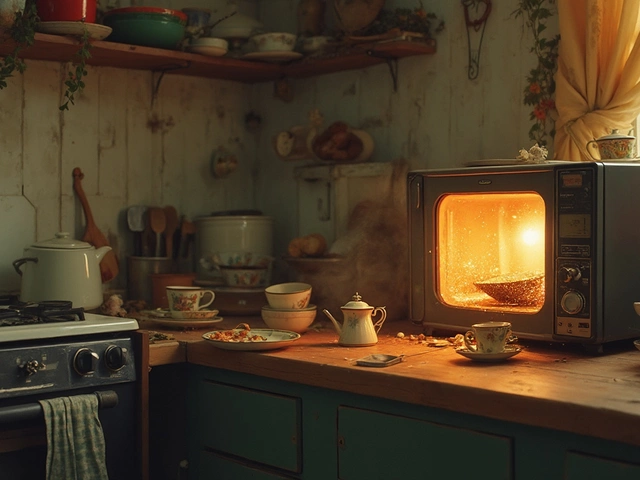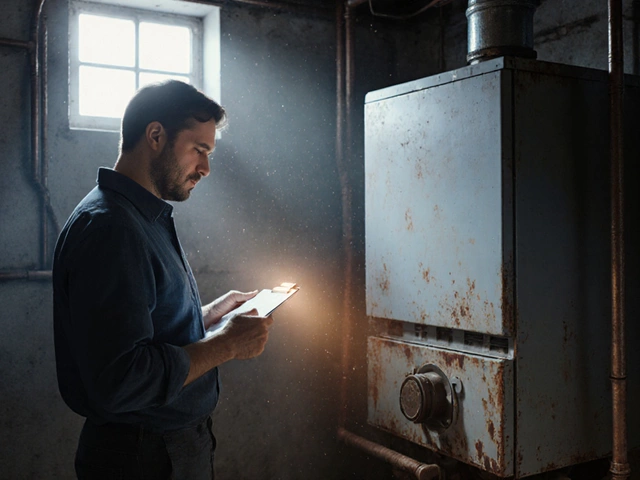Should You Replace a 15-Year-Old Boiler? Essential Advice for Homeowners
July 31 2025Shower Repair Tips Every Homeowner Should Know
Got a drip, a sudden drop in pressure, or water that’s either too hot or too cold? Your shower is one of the most used fixtures in the house, and a small problem can turn your morning routine into a hassle. The good news is most issues are easy to spot and fix before they need a professional call‑out. Below are the most common shower problems, simple DIY checks, and when you should call a certified gas engineer.
Fix Leaks Fast – Stop Water Wasting Today
Leaking water around the faucet or from the showerhead is usually caused by worn‑out washers, a loose valve, or a cracked seal. First, turn off the water supply at the nearest stop‑cock. If you see a rubber washer at the base of the faucet, replace it – they cost pennies at any hardware store. For a leaky showerhead, unscrew it, soak it in vinegar for an hour to dissolve mineral buildup, then rinse and reinstall. If the leak persists after these steps, the valve cartridge inside the mixing valve might be bad. Swapping the cartridge is a quick job, but if you’re not comfortable pulling apart the wall panel, let a gas‑qualified engineer handle it to ensure no gas‑related parts are disturbed.
Low Pressure? Check These Simple Culprits
When the water feels weak, start by cleaning the showerhead. Mineral deposits can clog the tiny holes, reducing flow. Remove the head, soak it in warm vinegar, then use a soft brush to clear any residue. If cleaning doesn’t help, look at the water‑shut‑off valve – it might be partially closed. Open it fully and see if pressure improves. Another often‑overlooked cause is a clogged pipe or a broken pressure‑balancing valve, especially in older homes. These valves keep temperature steady but can become sluggish over time. Replacing a pressure‑balancing valve is a job for a certified plumber or gas engineer because it may involve adjusting gas‑fed hot water systems.
Temperature swings are another common complaint. If hot water runs out quickly, your water heater could be undersized or set too low. A quick check: feel the water temperature after a few minutes of running. If it drops, raise the thermostat on the boiler by a few degrees (never exceed the manufacturer’s limit). For gas‑powered water heaters, make sure the pilot light is lit and the gas supply is steady. Any gas‑related adjustments should be done by a licensed gas engineer – it’s safer and keeps your warranty intact.
When DIY fixes don’t solve the issue, it’s time to call the professionals. A certified gas engineer will check the boiler pressure, inspect gas lines for leaks, and ensure your shower’s hot‑water supply meets safety standards. They can also perform a full boiler service, which prevents future shower problems and keeps your heating bills low.
Regular maintenance goes a long way. Wipe down the tiles and grout to stop mold, clean the showerhead every six months, and schedule an annual boiler service. These simple habits keep your shower running smoothly and avoid costly emergencies.
Got a stubborn problem you can’t crack? Contact Bedford Gas Appliance Repair Services – our certified engineers are ready to diagnose and fix any shower issue safely and efficiently.
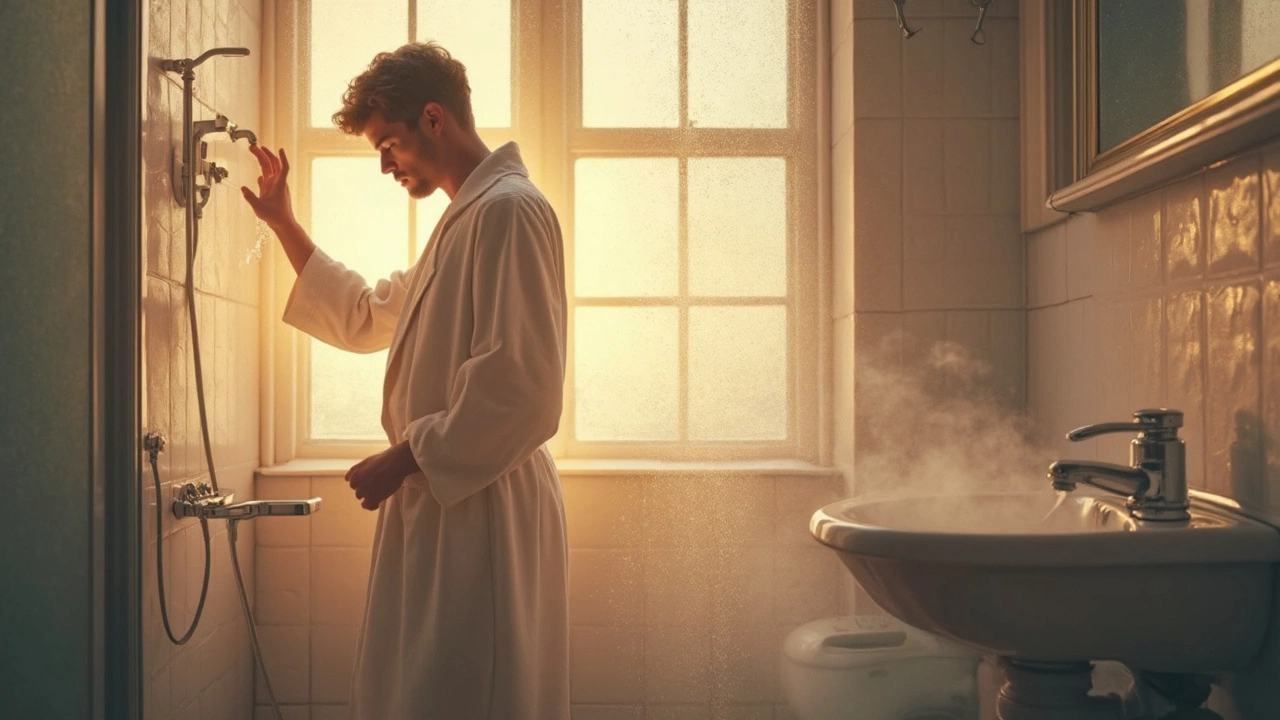 13 Jun
13 Jun
Hot Water Only at the Sink? What Your Shower Is Really Telling You
If you’re getting hot water from your sink but only cold in the shower, something’s off—and it’s not always your water heater’s fault. This article breaks down the problem step by step so you can figure out exactly what’s going wrong. Learn common culprits and smart fixes you can try on your own before calling a plumber. From shower valves to hidden clogs, get the answers you need to get your mornings back on track. Simple troubleshooting makes all the difference—and it’s probably not as complicated as you think.
Read More...